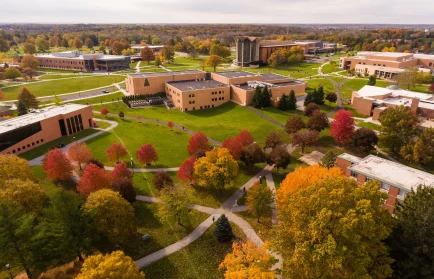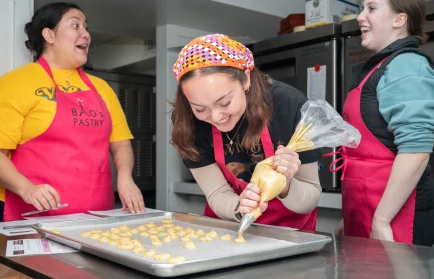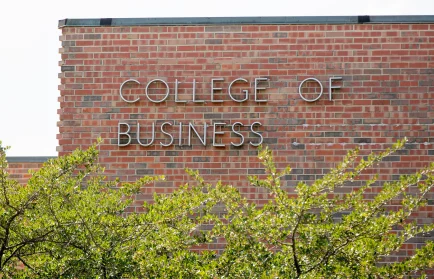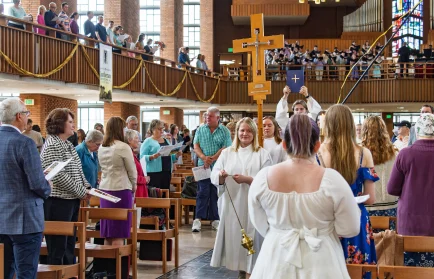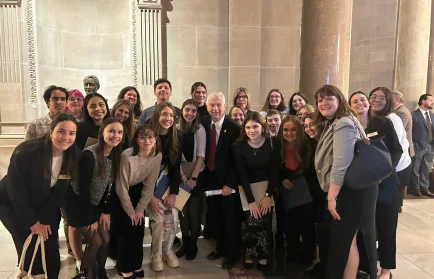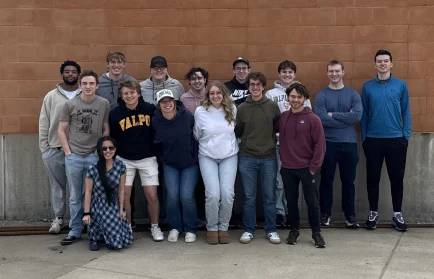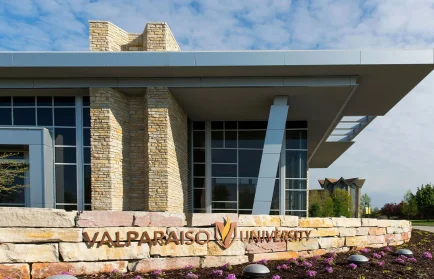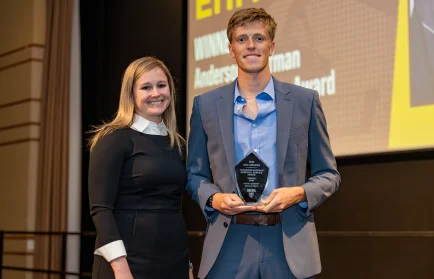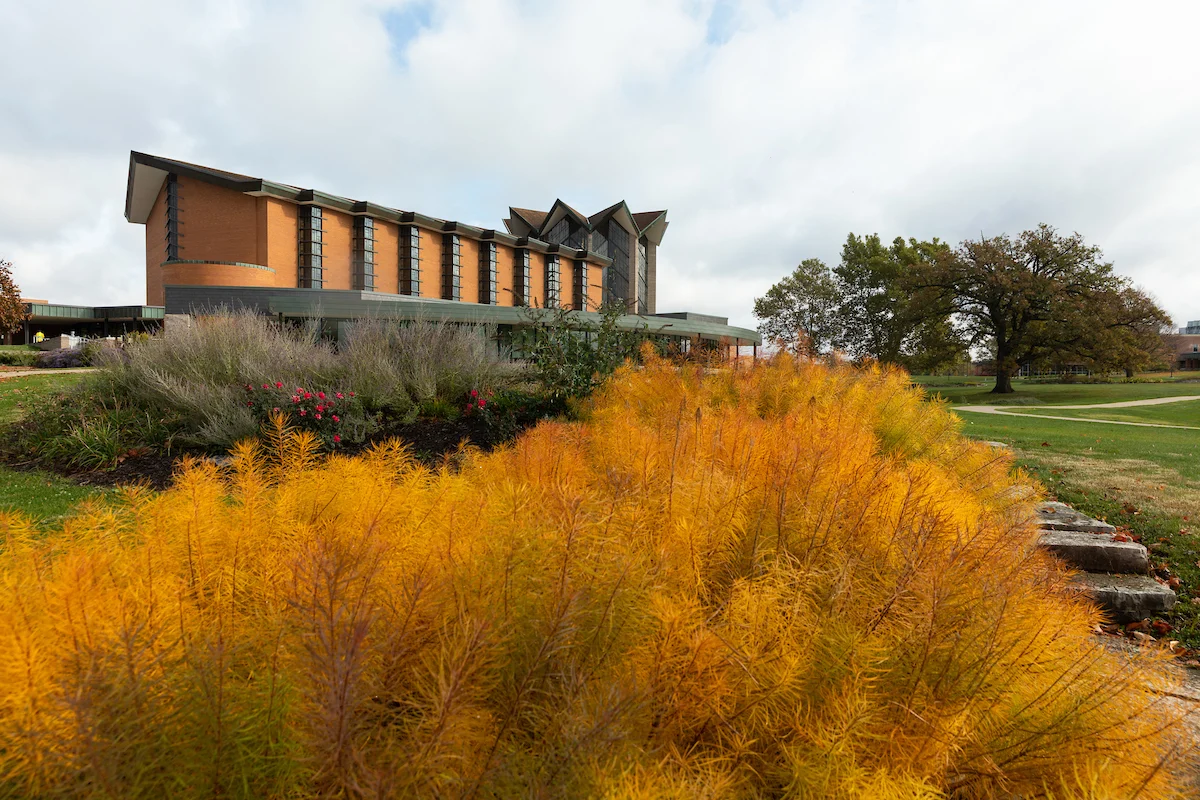Interdisciplinary Projects
Mathematics & Statistics Department
Interdisciplinary Projects
During the 2021-2022 academic year, 13 faculty from departments across Valparaiso University participated in a Faculty Learning Community (FLC) on Interdisciplinary Projects in Mathematics.
We began by reading articles about interdisciplinary work in sciences, engineering, music, and mathematics. We brainstormed what characteristics make interdisciplinary projects effective and engaging, and what makes them fall flat. The scientists and engineers in the group reminded the mathematicians that oftentimes “application” projects in mathematics don’t feel realistic when they simply reference the topic where mathematics is applied, but then go on to do the mathematics in a typical “math class” way.
Following this, we formed small groups and pairs by topics of interest and began to consider what mathematical topics could be addressed. Out of these discussions, we created projects that can be used throughout mathematics, from algebra and precalculus to more advanced courses such as calculus. The projects emphasize authentic applications arising from a wide variety of disciplines.
See below for links to the projects:
- Ozone in the Stratosphere: Rates of Reactions
- Loudness and decibels
- Sound waves
- Micro economics 1
- Micro economics 2
- Fourier Series
- Trigonometry of forces
Faculty Participants:
- Chris Iceman (Chemistry)
- Daniel Maguire (Electrical and Computer Engineering)
- Dan White (Electrical and Computer Engineering)
- Jennifer Holt (Chemistry)
- Joseph Bognar (Music)
- Melissa Desjarlais (Mathematics and Statistics)
- Niru Devaraj (Economics)
- Teresa Bals-Elsholz (Geography and Meteorology)
- Tiffany Kolba (Mathematics and Statistics)
- Haiying He (Physics)
- Luke Venstrom (Mechanical Engineering)
- Zsuzsanna Szaniszlo (Mathematics and Statistics)
- Jenna Van Sickle (Lilly Fellows Program)
These projects were supported by the National Science Foundation award #
